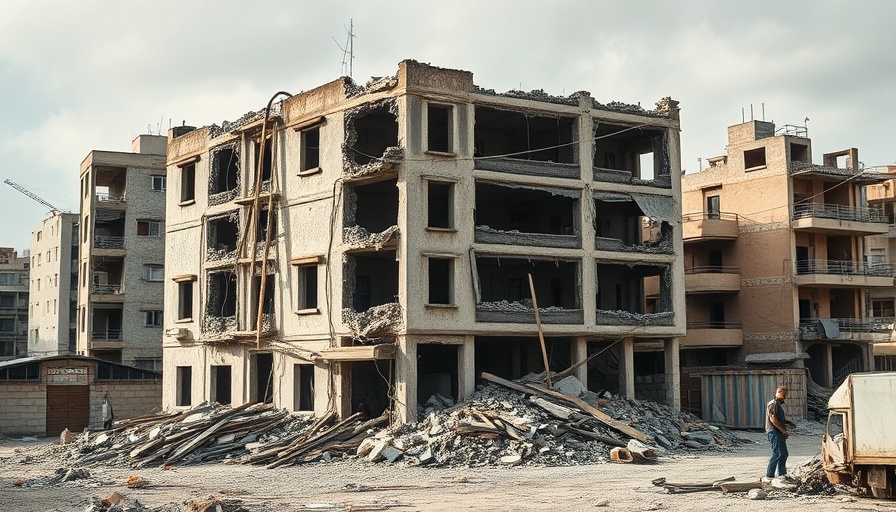
Mutual Blame Marks Failed Easter Ceasefire Between Ukraine and Russia
As the sun rose on Easter morning, the promise of peace quickly faded for Ukraine and Russia, with both sides exchanging accusations of violating a temporary ceasefire. This one-day truce was initiated by Russian President Vladimir Putin, yet the atmosphere was fraught with tension as skirmishes continued to unfold across the front lines.
Accusations Fly as Ceasefire Falls Apart
Ukrainian President Volodymyr Zelenskyy claimed that Russia orchestrated a deceptive appearance of a ceasefire. He reported 59 instances of Russian shelling and five assaults from Russian units overnight. "The Russian army attempts to give the impression of a ceasefire while still engaging in aggressive maneuvers," Zelenskyy noted in a recent post on social media.
On the flip side, Russia’s Defense Ministry refuted these claims, alleging that Ukrainian forces were responsible for launching attacks, including drone incursions over Russian territory. A statement from Russian officials indicated that civilians suffered casualties, though specifics were scarce.
What Went Wrong with the Ceasefire?
Putin’s ceasefire proposal, intended to last from 6 PM Moscow time on Saturday through the end of Easter Sunday, was laden with ambiguity. The absence of defined parameters regarding airstrikes and ground battles prompted skepticism about its credibility. This failure to maintain peace—however brief—underscores the challenge of establishing a stable truce amid ongoing hostilities.
Political Repercussions of the Failed Truce
The collapse of the Easter ceasefire arrives just as negotiations between Moscow and Kyiv are purportedly reaching a critical stage, as remarked by former U.S. President Donald Trump. He expressed optimism that both nations could strike a deal this week, which could signal a turning point in the protracted conflict.
Trump’s statement raises questions: What implications does such a deal carry for the geopolitical landscape? Will it restore business relations with the U.S., as he suggests? Stakeholders and analysts await developments while assessing whether mere diplomatic rhetoric will evolve into actionable agreements.
Impact on Civilians Caught in the Conflict
The failures in diplomacy resonate deeply with those enduring the harsh realities of war. In regions like the Donetsk area, where fighting remains intense, civilians bear the brunt of military operations. Reports of destroyed infrastructure and casualties as a result of the latest flare-ups further the urgency for a meaningful and sustained peace process.
The Bigger Picture: Why This Matters
The situation is significant not only for Ukraine and Russia but for international communities invested in these events. The continuing discord presents economic, humanitarian, and security challenges. For instance, the collapse of ceasefires can lead to a redoubling of military efforts, potentially widening the conflict and impacting global markets.
Additionally, the geopolitical ramifications of this dispute are profound. Countries watching closely might recalibrate their strategies in response to either escalation or cooperation from these two nations. Hence, news commentary may focus on the importance of continued international dialogue aimed at conflict resolution.
What Lies Ahead? Predictions and Opportunities
Looking forward, experts conjecture that while immediate tensions may persist, there remain avenues for negotiation. Analysts believe that sustained pressure from global entities could steer both parties toward convening comprehensive peace talks. The role of diplomatic mediators will be crucial, as both countries might stand to gain from achieving a negotiated settlement over continued bloodshed.
In light of these dynamics, those tracking international relations should stay vigilant. Further developments may yield critical insights into how global powers position themselves regarding the Russia-Ukraine conflict, particularly in the wake of failed efforts like this one.
As the reality of this conflict continues to unfold, it compels potential stakeholders to consider both the humanitarian implications and the broader strategic outcomes.
 Add Element
Add Element  Add Row
Add Row 



 Add Row
Add Row  Add
Add 


Write A Comment